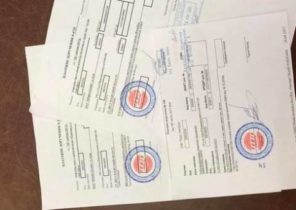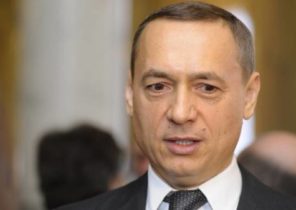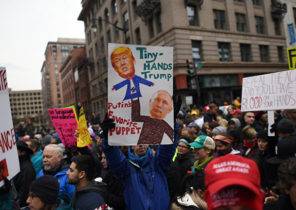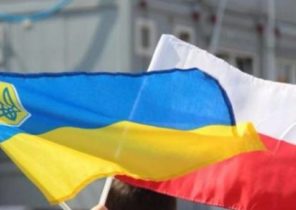
There is a widespread view that Britain will be able to automatically enjoy trading rights as a WTO member, and in that capacity automatically to meet their obligations. In the language of Breccia, it will have the option to WTO.
But the problem is that the other 163 members of that organization can look at the situation differently. I’m not saying this to sow doubts about the legal status of Britain as a member of the WTO. But serious doubts arise about the fact that she after Breccia will be able to keep their trading advantages and benefits intact.
Currently trading privileges to Britain in the WTO are linked together with trading privileges remaining 27 members of the EU and set out in the schedule of concessions and commitments on goods. This is a list of duties, quotas and other trade obligations on thousands of goods and services as they enter the market. After Breccia Britain will need your own list approved by the WTO.
Some legal scholars argue that Britain can simply replicate their current trade commitments from the EU’s list, deleting the words “European Union” and writing instead “the United Kingdom”. But this argument will likely convince other academics, rather than cautious and cunning negotiators, seeking to obtain greater access to British markets.
Other WTO members may argue that the current trade concessions Britain is insufficient to meet the necessary balance of rights and obligations outside the EU. Even a single objecting member of the WTO can veto the required consensus.
Greedy markets of the country can take advantage of this opportunity to extract concessions from Britain in the sphere of industry, agriculture, financial and other services. Britain can even ask to give something extra in exchange for keeping those trade preferences that it currently enjoys as a member of the WTO.
If London rejects these requests to other members in response to abandon their existing trade obligations to Britain, which they took in exchange for the commitments of the EU as a whole, contained in his list. Only in this way Britain will be able to initiate the settlement process under WTO rules to test how efficient is copied to its trade obligations.
Britain can win in two or three. Then other countries will give “reasonable time” for the execution of the verdict. It’s another year and a half. At this time, British exports of goods and services will be faced with this avalanche of fees and other artfully erected trade barriers that will have incalculable consequences for the economy of the country.
Breaksit can also cause legal issues for other trade concessions from the EU’s list. This will require the parallel negotiations that can paralyze the entire process. But in the end could begin the lengthy legal litigation. Since 2004, the EU has three times expanded its ranks, and the members of the WTO had not yet come to a consensus on the revision of trade obligations in connection with such extension. Meanwhile, all WTO members act like advanced trade obligations of the EU have already been approved.
It may be the way forward. Instead of insisting on the automatic transfer of their current benefits and privileges Britain to negotiate a similar tacit agreement with the rest of the EU. The goal is to achieve mutual understanding with other members and agree that the trading privileges of Britain to remain in their current form, have not yet developed a new List of concessions (if necessary).
It seems that the British negotiators to fully understand the importance of the WTO to the success of Breccia. They have several times visited in Geneva. There is no doubt that soon they will again come there in search of the best ways to close the gaps that the British membership in the WTO to break Brakcet.
James Baccus — former Chairman of the WTO Appellate body, former member of the us Congress and a former member of the trade negotiations of the United States. He leads the international practice at the law firm Greenberg Traurig.







